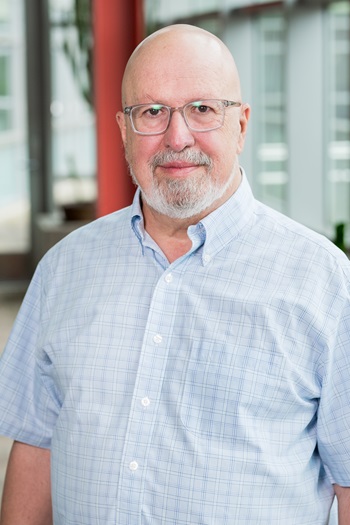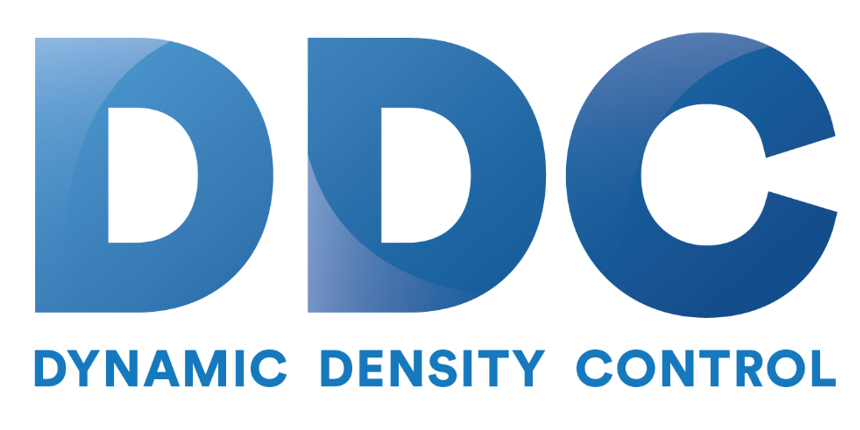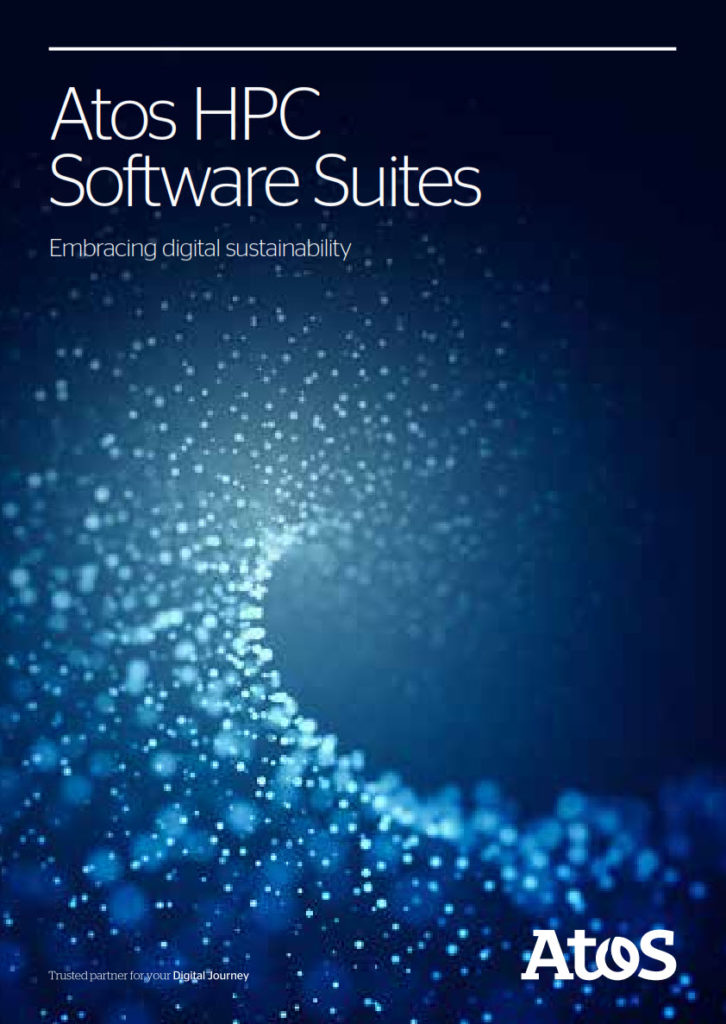
David Padua
New York, Sept. 18, 2024 – ACM, the Association for Computing Machinery, and IEEE Computer Society have named David A. Padua, Donald Biggar Willett Professor Emeritus in Engineering at the University of Illinois Urbana-Champaign, as the recipient of the 2024 ACM-IEEE CS Ken Kennedy Award.
The award recognizes groundbreaking achievements in parallel and high performance computing (HPC). Padua is cited for innovative and usable contributions to the theory and practice of parallel compilation and tools, as well as service to the computing community.
Padua has made fundamental contributions that have helped make parallel computation universally useful. He has worked at the levels of fundamental algorithms for parallelism, general tools for parallel programming (compilers and debuggers), and domain-specific languages, applications, and tools, as well as autotuning methods and compiler quality evaluation. His specific contributions include:
- Synchronization of multiple threads during computation is necessary for high performance computers to produce correct results. Two key techniques introduced by Padua and his students to enable the correct synchronization of multiple threads during parallel computing include speculative parallelism and array privatization.
- Padua and his students introduced much of the basic research that has made general parallel programming tools common today. He was directly involved in developing race detection for debugging parallel programs, as well as array tiling to improve parallelism and cache performance.
- In HPC, domain-specific parallelism has been especially effective in various special purpose applications. Padua’s contributions in this area include the development of parallel Matlab compilation, and contributions to compilation aspects of signal processing including the SPIRAL project.
- Padua and his students have made important contributions to the evaluation of compilers, including the vectorizing compiler evaluation techniques which have been used by compiler teams at Intel and other companies.
In addition to his technical contributions, Padua is recognized for outstanding service to the field. He integrated the ideas of parallel computing as editor of the Encyclopedia of Parallel Computing (Springer), a four-volume publication that is widely respected in the field. Padua has also served as editor of several esteemed parallel computing journals, chaired and/or participated in program committees for over 70 conferences, and supervised 37 PhD dissertations. His former students represent a new generation of talented individuals who have gone on to make significant contributions to both academia and industry.
Padua received his Bachelor of Science degree in Computer Science from the Universidad Central de Venezuela, and a PhD in Computer Science from the University of Illinois at Urbana-Champaign.
He is a Fellow of ACM, IEEE, and the American Association for the Advancement of Science (AAAS). His honors also include receiving the Harry H. Goode Memorial Award from the IEEE Computer Society, and an honorary PhD from the University of Vallodolid, Spain.
The Ken Kennedy Award will be formally presented to Padua in November at The International Conference for High Performance Computing, Networking, Storage and Analysis (SC24).
ACM and IEEE CS co-sponsor the Kennedy Award, which was established in 2009 to recognize substantial contributions to programmability and productivity in computing and significant community service or mentoring contributions. It was named for the late Ken Kennedy, founder of Rice University’s computer science program and a world expert on high performance computing. The Kennedy Award carries a US $5,000 honorarium endowed by IEEE CS and ACM.
The Association for Computing Machinery is an educational and scientific computing society, uniting computing educators, researchers, and professionals to inspire dialogue, share resources, and address the field’s challenges. ACM strengthens the computing profession’s collective voice through strong leadership, promotion of the highest standards, and recognition of technical excellence. ACM supports the professional growth of its members by providing opportunities for life-long learning, career development, and professional networking.




Speak Your Mind